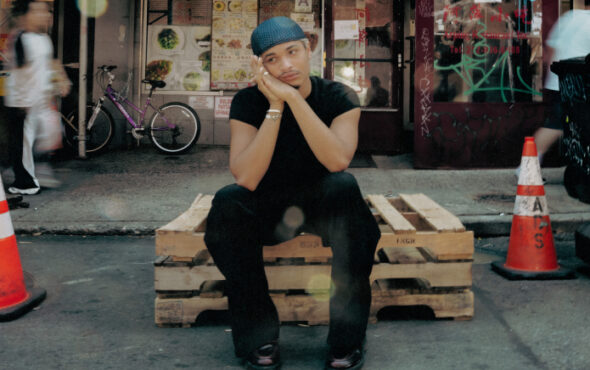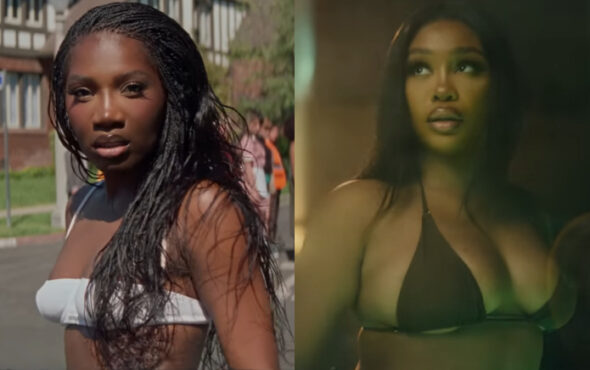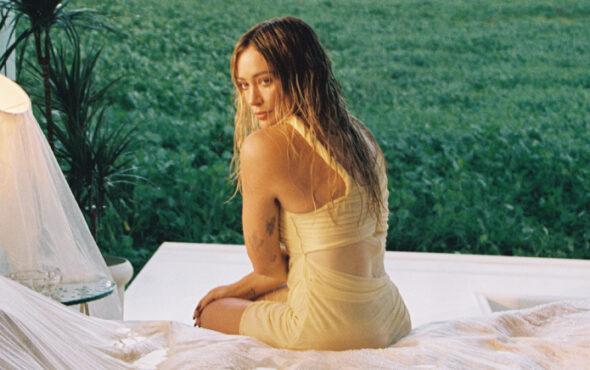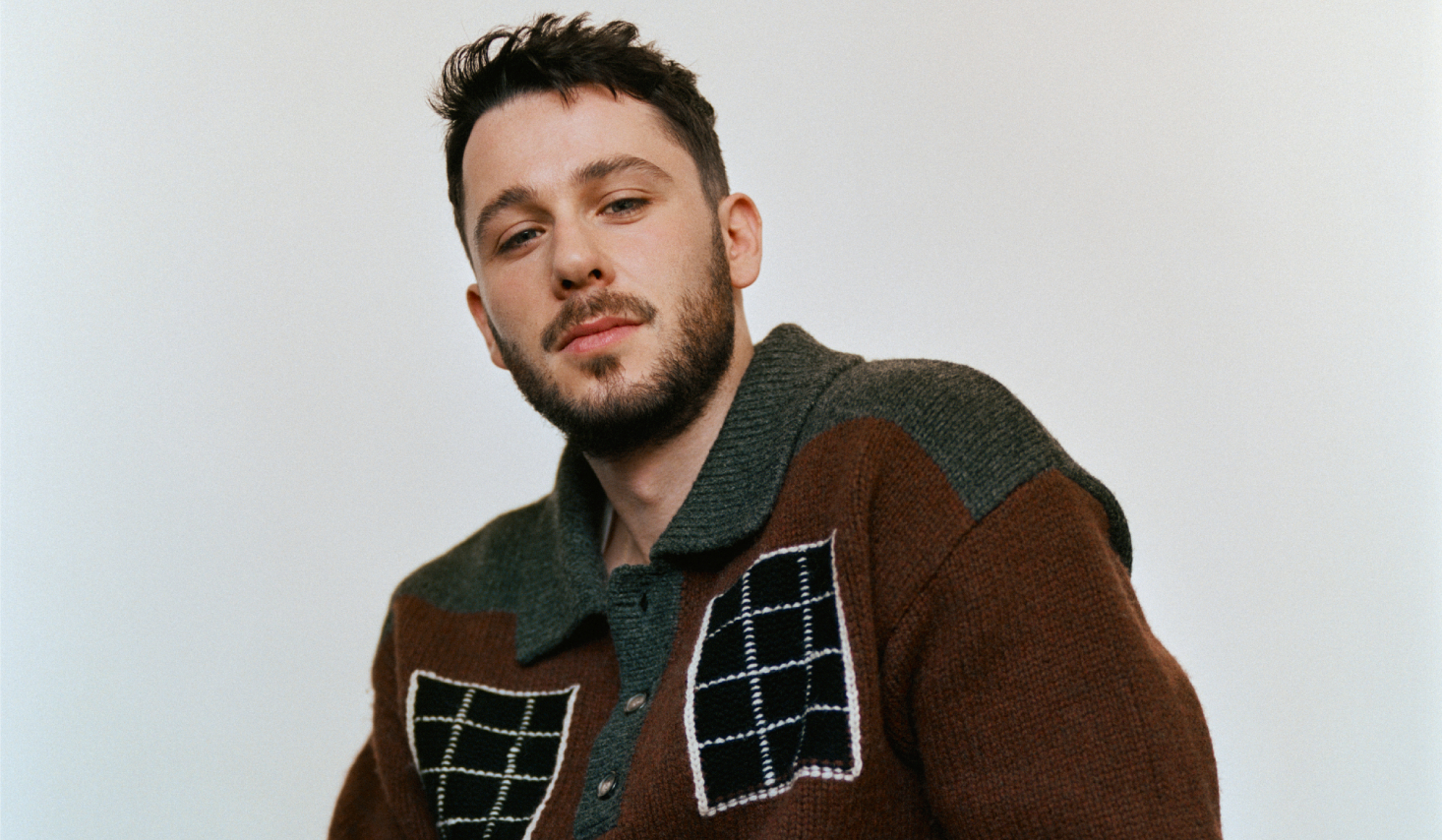
Within just three years, Classical Pride has expanded from a single concert into a trailblazing annual celebration. Founded by conductor Oliver Zeffman, the event has become the only large-scale Pride event in classical music – an art-form whose history is interwoven with the lives and legacies of countless LGBTQIA+ composers, from Pyotr Ilyich Tchaikovsky (Swan Lake and The Nutcracker) to Benjamin Britten (Peter Grimes and Death in Venice).
This year, Classical Pride expands once again with five concerts across London, as well as its first international date at the Hollywood Bowl in Los Angeles. “Audiences like it, venues like it, sponsors like it,” Zeffman tells Gay Times. “I guess it seemed successful enough that people want to be a part of it. The point is, there really isn’t anything else like this happening in classical music.”
For Zeffman, Classical Pride is about opening up the concert hall to a broader audience, whether seasoned listeners or newcomers who may assume queer music begins and ends with pop icons. “You might think gay music is Charli XCX or Elton John or Madonna or Cher,” he reflects. “Which it is — but it’s also always been composed way before any of those people were alive. It’s just as important a part of queer culture.”
Here, Oliver Zeffman reflects on the rapid growth of Classical Pride, the enduring relevance of composers like Tchaikovsky, and why the classical world must do more to reach audiences beyond its traditional base. He also offers a preview of what’s in store this year, from iconic ballet suites to world premieres and a dash of drag at the Hollywood Bowl.
Oliver, Classical Pride has come such a long way since its inaugural show in 2023. And that was just one performance, right?
Yeah. In the first year, we had one concert at the Barbican with the CBSO City Symphony Orchestra, which seemed to be a big success. Last year, it expanded to a five-day series in London. We had another big show at the Barbican with the London Symphony Orchestra, who are one of the best orchestra’s in the world. We also had a big classical drag show at Outernet, a choral concert, a young artist program and something else — I can’t quite remember. This year, we’re expanding further across London with five shows at different venues, including Wigmore Hall, Wilton’s Music Hall, King’s Place and two shows at the Barbican. Before the concert on July 4th, there’s a Young Artist Showcase concert, and then our first international date at the Hollywood Bowl in LA. Yeah, it’s bigger!
That expansion in just two years is so, so impressive.
Audiences like it, venues like it, sponsors like it. I guess it seemed successful enough that people want to be a part of it. People want to be part of something that is successful and that reflects well on everybody. The point is, there really isn’t anything else like this happening in classical music. That’s why we set it up in the first place. There are loads of gay people in classical music and the arts generally, and lots of the most important composers, past and present, are or were LGBTQ+. It’s a very long list. I don’t know how much you know about classical music, but Tchaikovsky, Britten, Barber, Schubert, probably Ethel Smyth – and lots of people play their music all the time. But for whatever reason, nobody had really done a Pride concert, which seemed very long overdue, especially since 2022 was 50 years of Pride in the UK.
I mean, let’s see what happens in the US, but broadly speaking, most big companies, businesses and brands want to show their support for Pride. They change their logos, all those kinds of things. So, it seemed kind of mad that classical music never really bothered to do anything “Pride-y”. The one we did in 2023 was the first one. There were a few in America, but apart from America, that was the very first — and also in a much more high-profile way. And really, it’s still the only Pride event in classical music that’s going on.
View this post on Instagram
Was there a moment in the first or second year where you realised how much of a need there was for Classical Pride, and just how much it mattered to people?
When we were putting it together, we thought it didn’t matter that much. But actually, in the first year — which was just the one show — seeing the Barbican full and people really enjoying it and feeling that it meant something to them was powerful. I guess the point of it, from an audience perspective, is twofold. It’s partly about saying to an audience who maybe aren’t necessarily into pop music or partying, but who are into classical music and haven’t had a chance to celebrate that, ‘This is something for you.’
And also for a new audience, saying that you might think gay music is Charli XCX or Elton John or Madonna or Cher, or whatever — which it is — but actually, it’s also always been composed way before any of those people were even alive. It’s just as important a part of queer culture and culture generally. The music we have today wouldn’t exist without all these things in classical music that are a really key part of the canon.
In the past you’ve spoken about how classical music is somewhat reluctant to collaborate with other cultures. Can you expand on that for me?
Classical music is not necessarily reluctant, it’s just that it’s not very good as an industry at audience development or marketing. There are lots of great musicians, lots of great music. But anything that is even a tiny bit outside of putting on concerts… The thing about Classical Pride is, frankly, the concerts are a very normal, standard experience you would have. It’s not like Madonna and an orchestra, which is great, but that’s something else. In the Barbican concert, it’s not like there are drag queens marching up and down the aisles or whatever… I can’t think of a silly example!
The program is classical music played by an orchestra in a concert hall, or sung by a choir, a concert or whatever. The atmosphere is perhaps a little different because it’s a slightly different audience, but that is the product. It’s about how you bring in a different audience by, I guess, marketing. I think Tchaikovsky is for everybody, but in this case, it’s actually saying that he was gay. He was an amazing composer, one of the best composers ever. You’ve probably heard some of his music, like 1812 Overture and Swan Lake, but there’s so much more music.

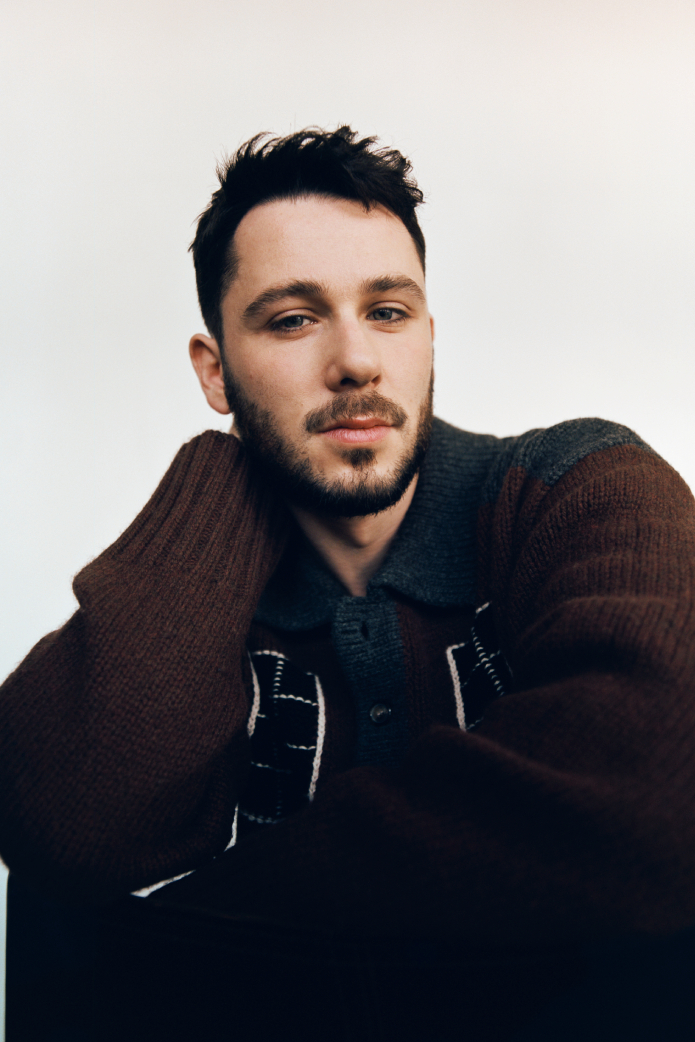
In your opinion, how do you think classical music can reach more people?
The issue, for want of a better word, is not the product. I don’t know how often, or maybe never you’ve been to see an orchestra performing live in a concert – it’s pretty amazing. You have a hundred people on stage playing the massive climax of some big Tchaikovsky piece, or again, a hundred people playing the most intimate quiets that really draw you in. You don’t experience that in any other context. Great pop artists — like Dua Lipa — it’s great and fun, but it’s a different kind of thing. It’s obviously amplified, whereas classical music, it’s not. It’s a different kind of experience, if not better or worse. It’s just different and you can’t experience it otherwise.
The question is: how do you bring an audience in the first place if you’ve never played an instrument or you don’t have any friends into classical music? And your parents aren’t? What’s the hook? Why would you go? Which is fair enough. I don’t go to darts, I don’t have any friends into darts. But Luke Littler drew massive new interest in darts because there’s a story there. So what’s the story that brings somebody to a concert hall for the first time and makes them think, ‘Actually, wow, this thing’s pretty good?’ So Classical Pride is one example. I’d done this thing recently — do you know the podcast The Rest Is History? It’s this enormous podcast, the biggest podcast in the UK. They’ve got, I think, 18 million downloads every month.
I did a show with them at the Albert Hall in October — Mozart and Beethoven — and did another one last month about Tchaikovsky. They bring their audience, and the Albert Hall sells out in seconds. This time around, they sold out the Albert Hall twice in seconds because of how big their audience is. And most of the audience hadn’t really been to a classic concert before. They might recognize some music from films, particularly Mozart’s Requiem or the opening of Beethoven’s Fifth Symphony. But actually hearing that live in a concert can be really thrilling. So, how do you bring an audience in for the first time? Obviously, you want the show to be good, but that’s perhaps not classical music’s issue, in that there are lots of good shows. It’s just that they’re not very good as an industry at bringing in different audiences.
You once said that classical music touched something within you when it came to your sexuality. Do you mind opening up about that?
I think the point is that when you’re conducting or making music about anybody, who that person is and was obviously informs how they write their music. I’m not saying you have to be like, ‘Oh great, this part of the piece is clearly when Tchaikovsky realized,’ or whatever it might be, unless it’s something explicit, like in operas where there’s a plot. Those kinds of things are more obvious. I’m not saying you have to read into everything, especially when a piece of music isn’t about anything in particular. Lots of music is just music — non-program music — it’s called classical music. You have to be a bit wary of reading too much into it. But at the same time, of course, who someone is does inform what they write. And that’s interesting, I think.
View this post on Instagram
What can you tease about your performance on the 4th July, as well as the upcoming Hollywood Bowl?
On the 4th of July we’re playing a program featuring probably the most famous gay composer, Tchaikovsky. Even if you don’t know much classical music, you’ve probably heard of Tchaikovsky, I hope! Particularly through pieces like Swan Lake, The Nutcracker, or the 1812 Overture. We’re also performing a new commission by the American composer Jake Heggie, who is probably one of the most successful US composers today, especially known for his operas. Last year, we commissioned a piece from him for the London Symphony Orchestra called Good Morning, Beauty. Then the LA Phil and the Hollywood Bowl co-commissioned it as a larger work — it’s now a song cycle of four songs, about five minutes each, so around 20 minutes total. We’re doing one of those songs in London with Jamie Barton, a very well-known opera singer. Then in LA, we’ll perform the full set with three different singers and then all of them together at the end.
We’re also playing music by Saint-Saëns. He wrote an opera called Samson and Delilah, which isn’t performed much, but there’s a very famous aria from it, Mon cœur s’ouvre à ta voix (My Heart Opens to Your Voice), where Delilah seduces Samson into revealing the source of his strength. We’re doing that, along with a ballet excerpt as well. There’s also a piece by Sir George Benjamin, probably one of the most famous living composers, called Dream of the Song. It’s an intense, powerful work that closes the second half. So all kinds of stuff!
In LA, we’re opening with the Candide Overture by Leonard Bernstein, who of course became a very famous composer-conductor. There was that film Maestro, where Bradley Cooper played Bernstein. Then there’s Blue Cathedral by Jennifer Higdon, a beautiful piece by a prominent living American composer. We’ll follow that with the full Jake Heggie song cycle. Then there’s a fun drag moment with Thorgy Thor. And finally, we close with Francesca da Rimini by Tchaikovsky, based on the story from Dante. It’s another intense piece, with gorgeous melodies. Tchaikovsky was just really good — he was many things! — but above all, he wrote amazing tunes, and that’s why people love his music so much.
Finally, what does the future look like for Classical Pride and this incredible space it has created for the queer community?
I hope we go from strength-to-strength. We already have lots of big plans for next year, which will be announced in due course. Watch this space in 2026! There are some more international conversations going on. So, come this year, and see where we’ll go next year too.
Visit Classical Pride’s official website for more information. You can also follow them on Instagram @classicalprideuk.
